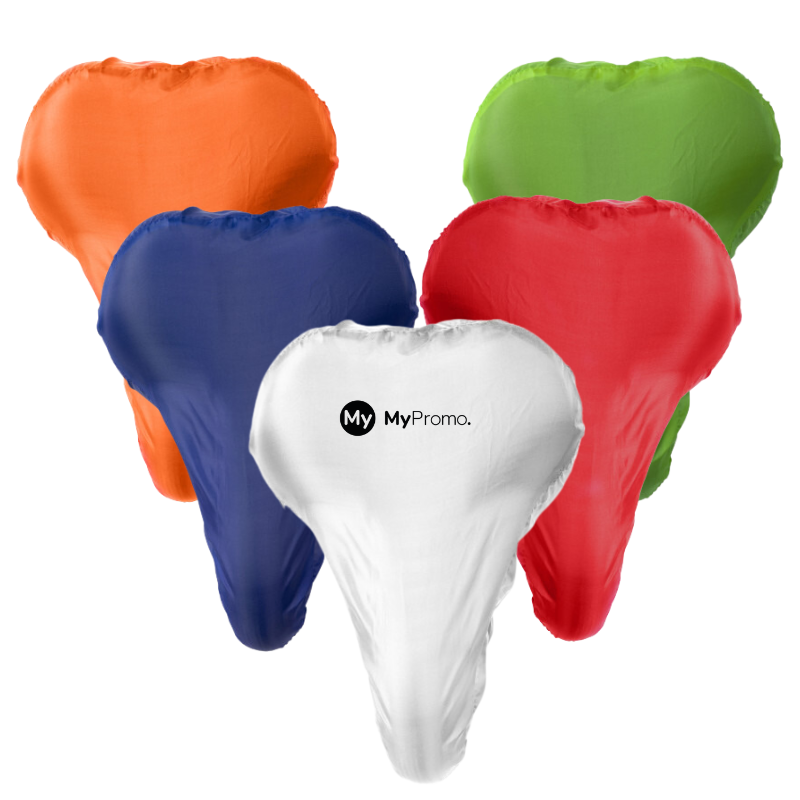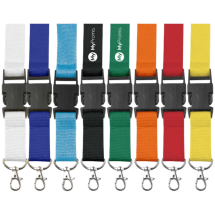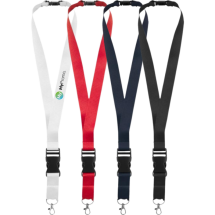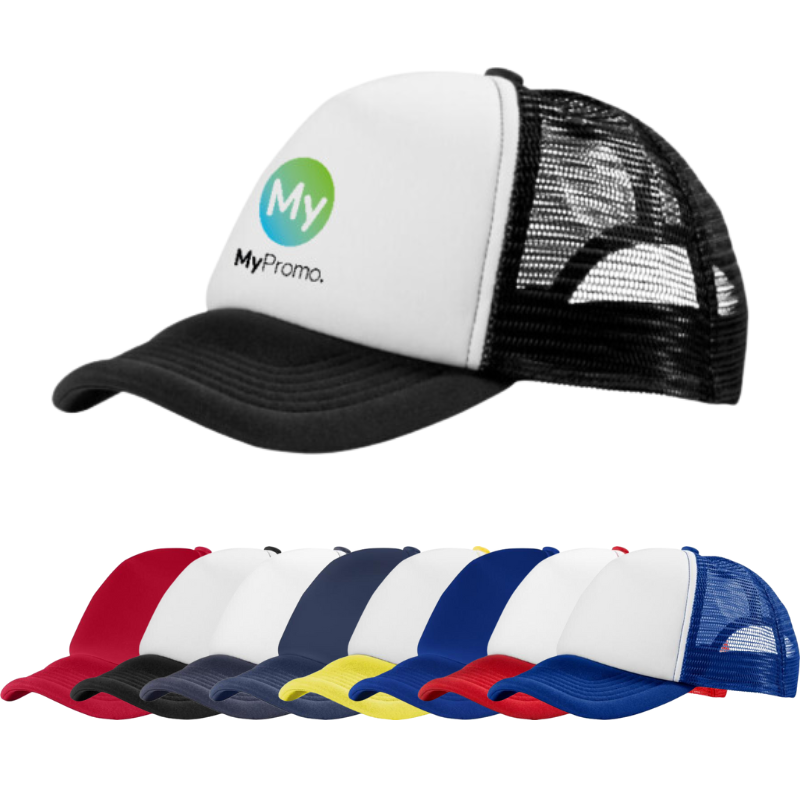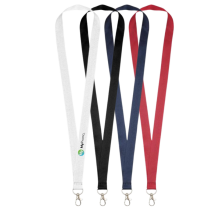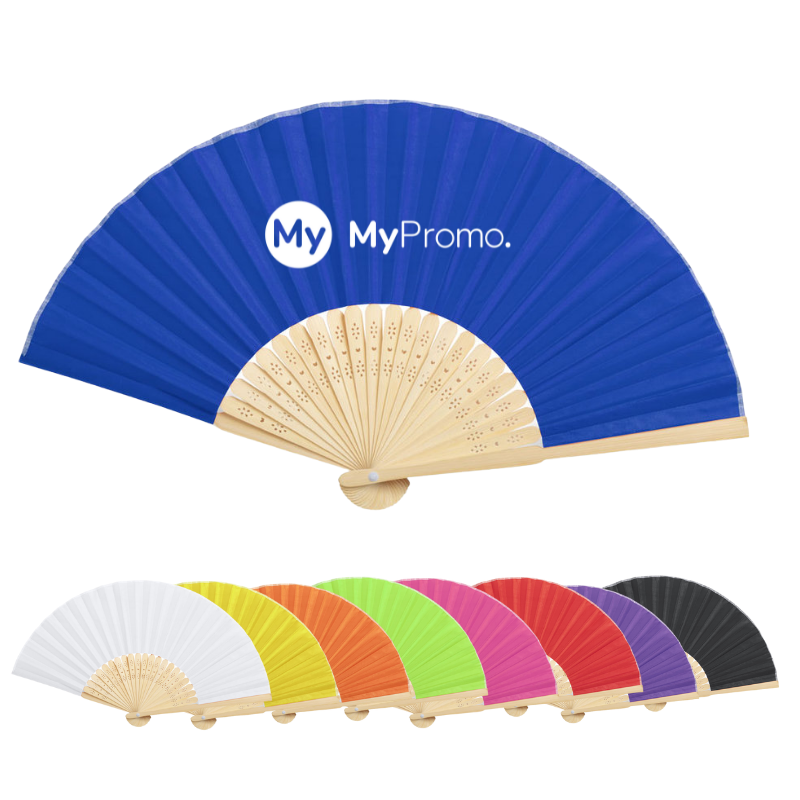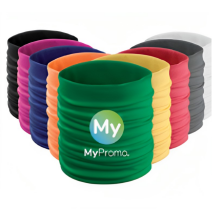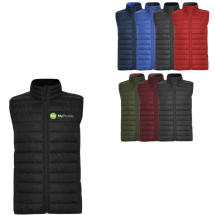Polyester
What is Polyester?
Polyester is a synthetic polymer widely used in the manufacturing and promotional gifts world. It is valued for its versatility, durability, and cost-effectiveness. Polyester is essentially a type of plastic made from petroleum. Its origins date back to the 1940s when British chemists first developed it as a fibre. Since then, it has grown in popularity due to its numerous beneficial properties.To produce polyester, the process begins with the extraction of petroleum. The petroleum undergoes a chemical reaction with acids and alcohol, creating a polymer. This polymer is then melted and extruded through spinnerets to form fibres. These fibres are spun into yarns and woven or knitted into fabrics. The final material can also be moulded into various shapes for different applications.
The Essential Properties of Polyester
Polyester is known for its exceptional strength, which allows it to withstand heavy use and resist stretching and shrinking. Its hydrophobic nature means it repels water, making it quick-drying and resistant to mildew. Additionally, polyester is highly resistant to abrasion and chemicals, enhancing its longevity in different environments. Its thermoplastic quality allows it to be easily moulded when heated, contributing to its versatility in manufacturing.
Everyday Uses and Popular Products Made from Polyester
Polyester is a staple in the textile industry, used in clothing items such as t-shirts, jackets, and sportswear due to its durability and ease of care. It is also found in home furnishings like curtains, beddings, and upholstery, where its resistance to wrinkles and fading is highly valued. Beyond textiles, polyester is utilised in making bottles, films, and various moulded products.
In the realm of promotional products, polyester's versatility shines. Items such as personalised cotton bags, lanyards, and personalised clothing are often made from polyester due to its ease of customisation through printing and embroidery. These products are popular because they are durable, attractive, and economical to produce in bulk.
Advantages of Using Polyester in Manufacturing
One of the main advantages of polyester is its durability. Products made from polyester tend to last longer, maintaining their shape and appearance over time. Polyester is also cost-effective, making it an excellent choice for mass production. Its ability to be recycled adds an eco-friendly aspect, allowing manufacturers to reduce waste by reusing polyester fibres.
Comparing Polyester with Other Materials
Compared to natural fibres like cotton or wool, polyester stands out due to its resistance to shrinking and stretching, making it easier to maintain. Unlike cotton, which absorbs moisture, polyester remains dry and lightweight. However, polyester can be less breathable than natural fibres, which might affect comfort in hot climates. Synthetic competitors like nylon are similar in durability but may lack the same ease of care that polyester offers.
Challenges and Limitations of Polyester
While polyester has numerous advantages, it is not without challenges. The production of polyester is heavily reliant on petroleum, a non-renewable resource, which raises environmental concerns. Additionally, polyester can sometimes feel less breathable compared to natural fibres, potentially causing discomfort in warm weather. However, advancements in textile technology continue to improve the comfort and sustainability of polyester products.
| Industry | Common Uses | Benefits of Polyester |
|---|---|---|
| Textile | Clothing (t-shirts, jackets, sportswear), Home Furnishings (curtains, bedding, upholstery) | Durability, Ease of care, Resistance to wrinkles and fading |
| Packaging | Bottles, Films | Strength, Versatility, Recyclability |
| Promotional Products | Tote Bags, Lanyards, Branded Apparel | Ease of Customization, Cost-effectiveness, Attractiveness |
| Automotive | Seat Belts, Upholstery, Carpets | Strength, Abrasion Resistance, Longevity |
| Construction | Insulation, Tarpaulins | Durability, Water Resistance, Versatility |
What is polyester made of?
Polyester is made from petroleum through a chemical process involving acids and alcohol, resulting in a synthetic polymer.
What are the main uses of polyester?
Polyester is used in a wide range of products, including clothing, home furnishings, bottles, films, and promotional items like tote bags and lanyards.
How does polyester compare to cotton?
Polyester is more durable, resistant to shrinking and stretching, and dries faster than cotton. However, it can be less breathable and comfortable in hot weather.
Is polyester environmentally friendly?
While polyester production relies on non-renewable resources, recycling polyester helps reduce environmental impact. Advances in sustainable production methods are also being developed.
What are the benefits of using polyester in promotional products?
Polyester is cost-effective, durable, and easy to customise, making it ideal for promotional items that need to be produced in bulk and maintain their appearance over time.
